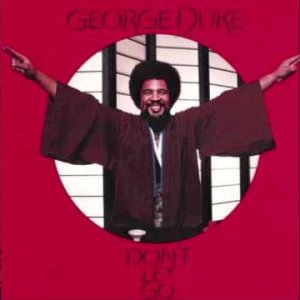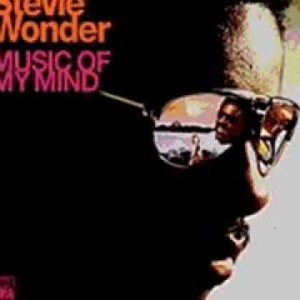- Feb 28, 2009
- 19,373
- 5,583
Gullah Language & Culture
The Gullah language, a Creole blend of Elizabethan English and African languages, was born of necessity on Africa's slave coast, and developed in the slave communities of the isolated plantations of the coastal South. Even after the sea islands were freed in 1861, the Gullah speech flourished because access to the islands was by water only until the 1950's. Today, one hears phrases like
Come Jine We.
Ketch ob de Day
Lok Ya Wantem Shrimps
But, Gullah is more than a language or dialect.........
................it is a culture.
Thousands of enslaved Africans survived the middle passage to reach the sea island shores. The majority of the slaves, 40,000, came from a section of Africa known as Angola. With the people --Mende, Kisi, Malinke, and Bantu-- came the soul of Africa. Their ancestral traditions survived as well. The words "Gullah" and "Geechee" have come to describe that legacy....."
http://www.coastalguide.com/gullah/
The Gullah language, a Creole blend of Elizabethan English and African languages, was born of necessity on Africa's slave coast, and developed in the slave communities of the isolated plantations of the coastal South. Even after the sea islands were freed in 1861, the Gullah speech flourished because access to the islands was by water only until the 1950's. Today, one hears phrases like
Come Jine We.
Ketch ob de Day
Lok Ya Wantem Shrimps
But, Gullah is more than a language or dialect.........
................it is a culture.
Thousands of enslaved Africans survived the middle passage to reach the sea island shores. The majority of the slaves, 40,000, came from a section of Africa known as Angola. With the people --Mende, Kisi, Malinke, and Bantu-- came the soul of Africa. Their ancestral traditions survived as well. The words "Gullah" and "Geechee" have come to describe that legacy....."
http://www.coastalguide.com/gullah/





